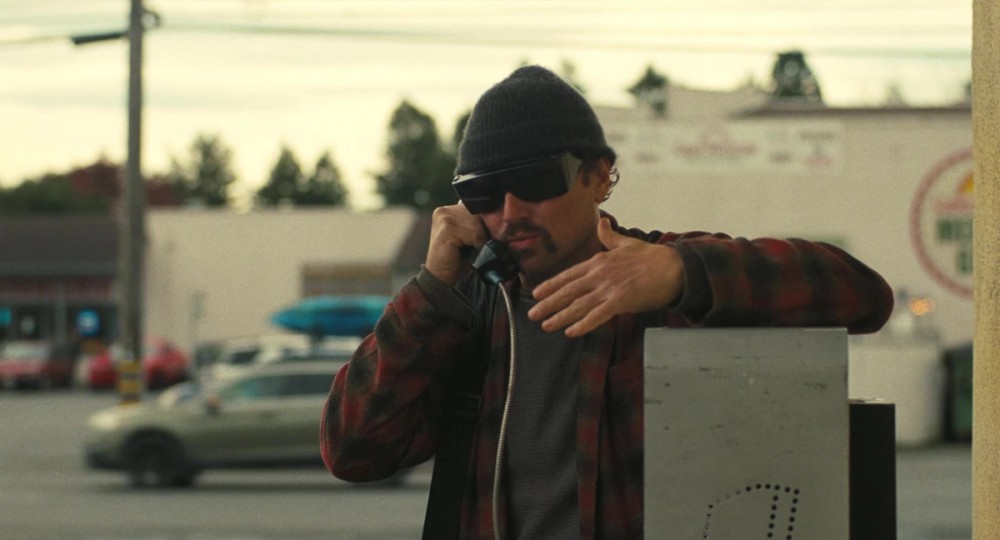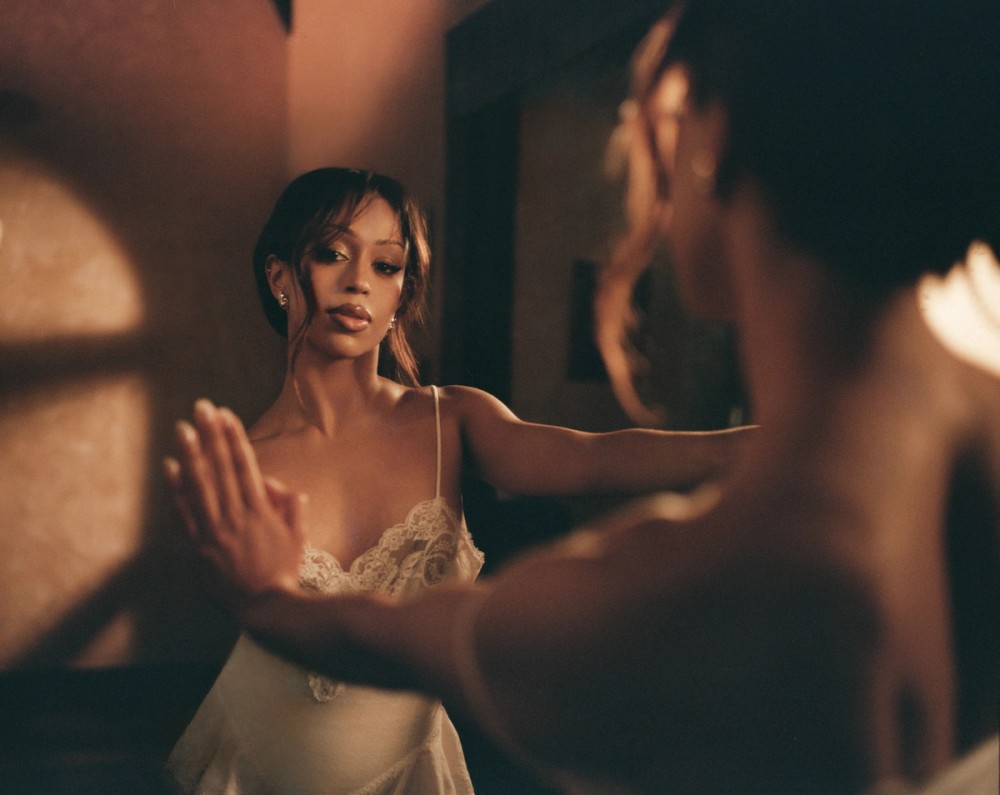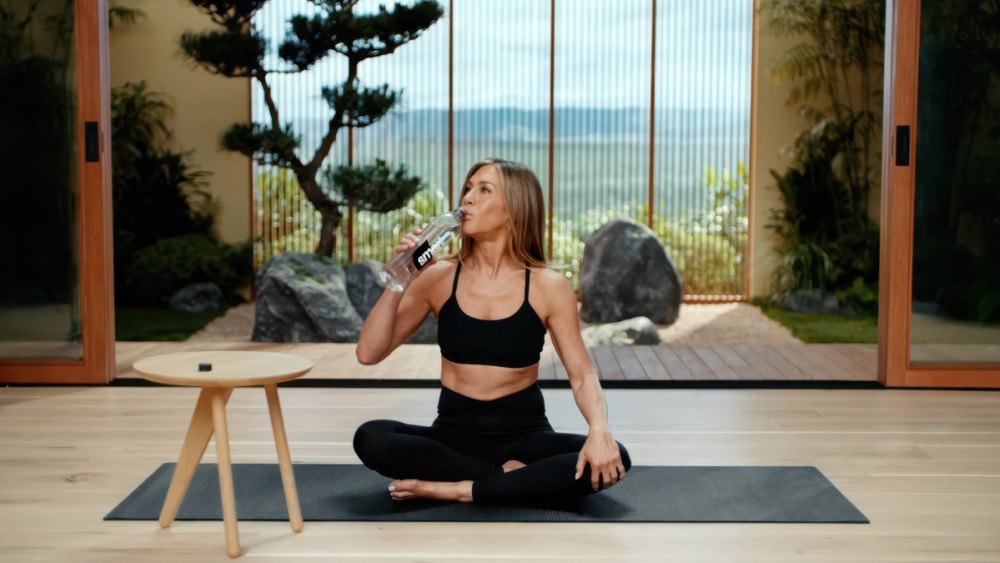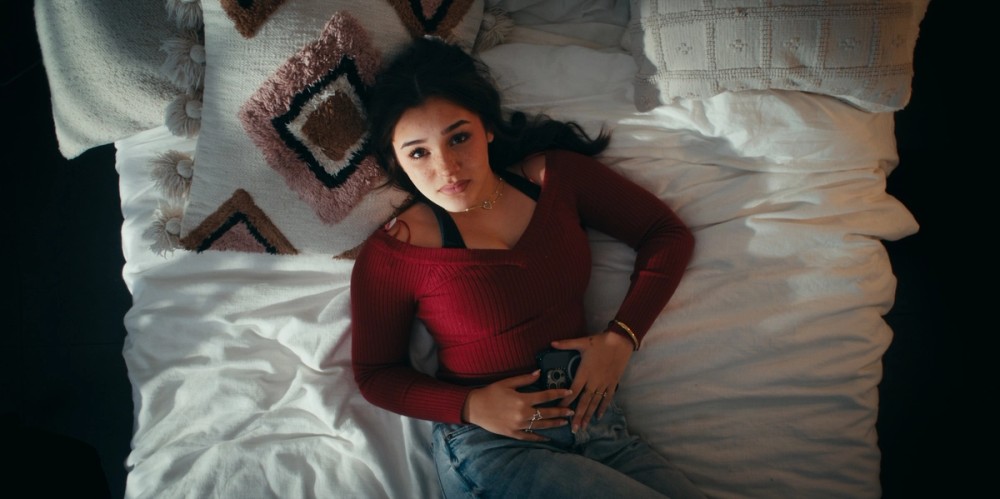
Capturing Authenticity in the Moment on Bad Influence
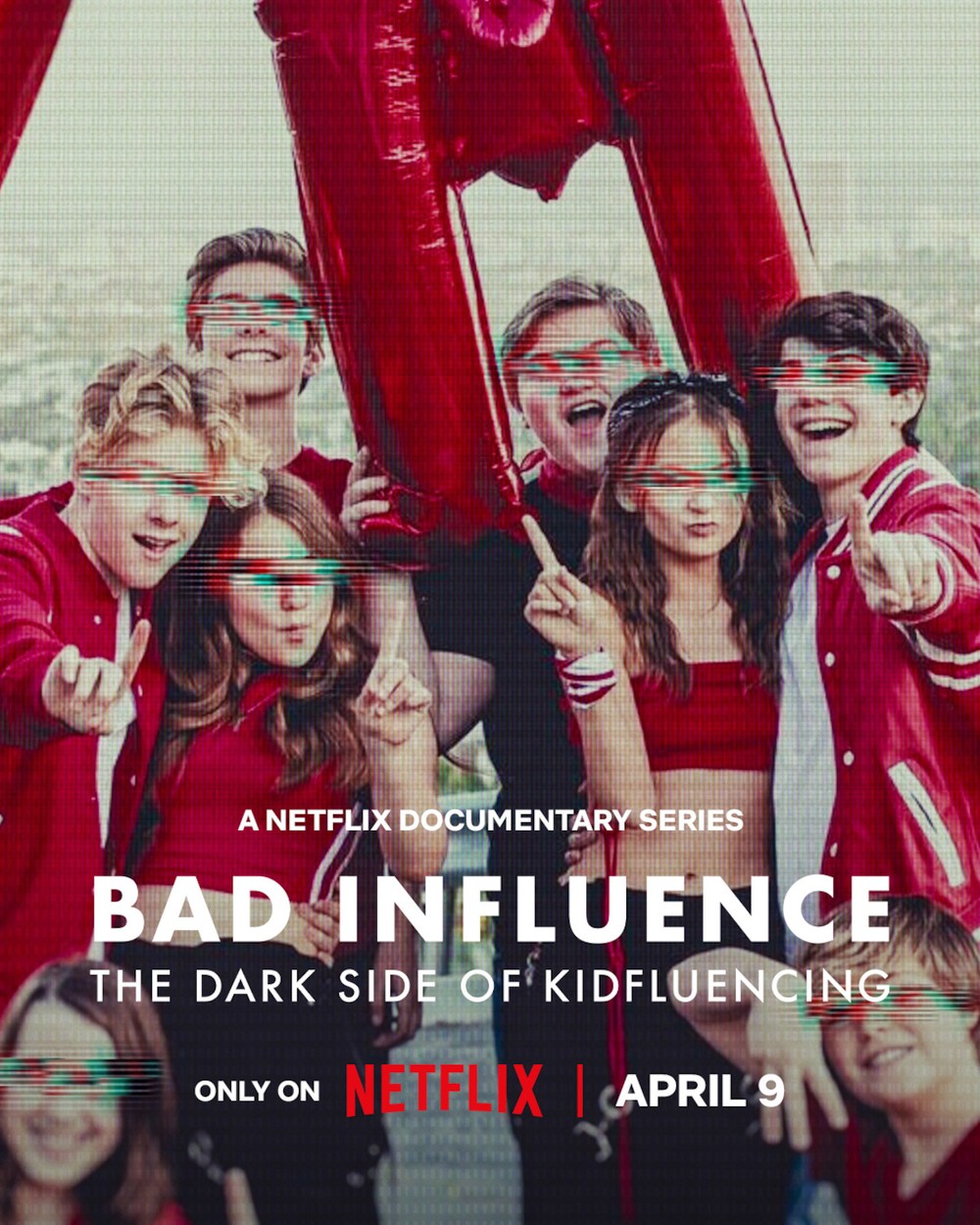
Production
- Bad Influence: The Dark Side of Kidfluencing
Production Info
- Cinematographer: Nicholas Kraus
- Year: 2025
- Production Company: Decoy
Cinematographer Nicholas Kraus breaks down how his camera and lighting team designed looks on the fly for sensitive interviews in the hit Netflix documentary.
Nicholas Kraus worked his way up as a cinematographer on what he calls “reactive documentary shoots” for Vice News Tonight (2016-2023) and on the documentary series The Trade (2018-2020). “Sometimes, you have like 60 seconds when you walk into a room, and then you’re shooting,” Kraus says. Over time, his style has evolved to include more planning, crew, and resources, but time is always a limitation.
Bad Influence: The Dark Side of Kidfluencing was an easy project to say yes to, Kraus says, “I was a fan of Kief [Davidson] and Jenna [Rosher]’s work already, and any show that can move the needle on a social issue, I’m eager to work on.”
In addition to a tight schedule, the directors had a major ask: they wanted interviews and verité shoots with the former kidfluencers to take place in their home environments to make them feel more comfortable and to make the interviews feel more authentic.
Kraus says, “That seems intuitive, but it doesn’t happen as much as you might think.” The crew couldn’t scout in advance, and the spaces were frequently tiny, so the production team would need to move fast in cramped environments, while making the interviewees feel safe.
The key to bringing cinematic looks to the documentary space is what Kraus has come to call “proactive shooting.” It began with research and discussing tone and feel with the directors. As they built a visual language for the series, Kraus brought his longtime gaffer, Marvin Savinole, into the process. “Things can happen, and you have to have the ability to pivot on the fly. You need common touchpoints.”
Regarding the tone, Kraus says, “The instinct was to go dark; the subject matter is the stuff of nightmares, but the kids demonstrate a lot of resilience and hope. They wanted to set things right for future generations, so we also wanted the look to highlight their strength and perseverance. We ended up with something both haunting and vibrant.”
This led to visual choices like using soft beauty lighting, vivid colors, and always including sunny windows in the background, even if the sunlight had to be created.
Since there was not always time to apply neutral density gel to the windows, the team set their exposure for sunlight. This meant using a powerful key, the Aputure Light Storm 1200d Pro, bounced into a Flop Daddy cube and then through muslin. “We became a flop family,” Kraus says. A Light Storm 1200d Pro or 600d Pro was used when additional window light was needed, and B7c bulbs were used in any visible practical lamps.
The interviewees’ actual environments also allowed for opportunities to emphasize the quality of light already in the spaces. For example, in Claire Rocksmith’s room, the team matched their lighting to the pink fairy lights already in the room. Right before shooting, the team spent a few minutes at the monitor dialing in the look, with Savinole controlling the lighting with Sidus Link. Kraus says, “Ambitions are big and time is tight. It’s always a challenge, but it’s worth it to honor the interviewees.”
Bad Influence was a hit on release, reaching the #1 spot on Netflix in the U.S. The series is certified fresh at 89% on Rotten Tomatoes, and has received positive feedback from parents who have called the documentary a “wake-up call” for how massive and dangerous the influencer industry is.
Kraus is proud of his team and what they accomplished. “As a documentarian, when I’m in these spaces, I’m trying to determine how to capture what I believe to be the essential truth of this moment. We constantly have to answer whether we’re honoring that truth. It’s hard, but it’s also fun.”
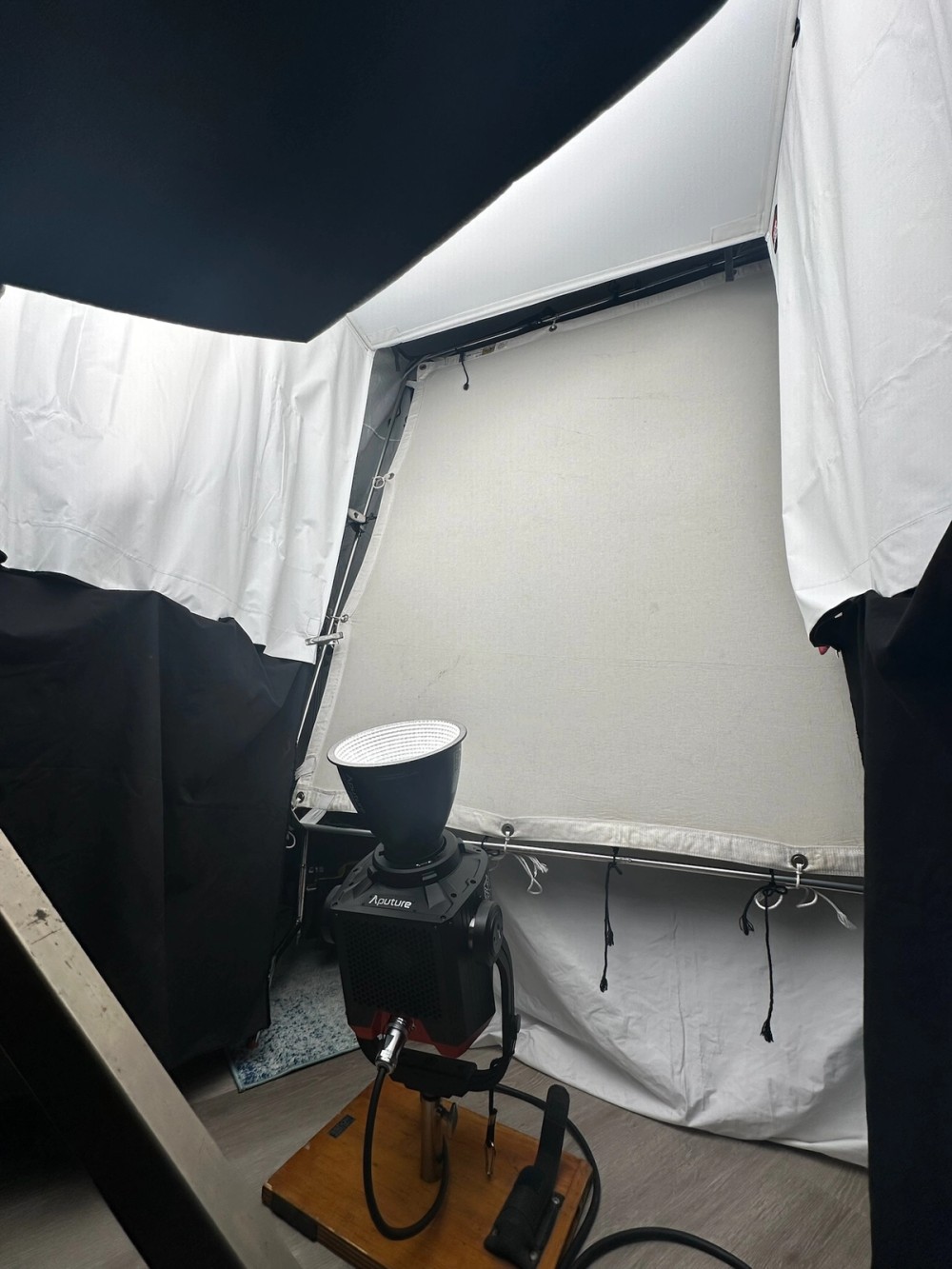
“We set our exposure to account for light outside the windows, and we’re booking the Light Storm 1200d through unbleached muslin, so we needed to add a lot of light. We introduced this thing called a Flop Daddy. It’s like a cube of Ultrabounce. We became a flop family.”
Nicholas Kraus
Cinematographer
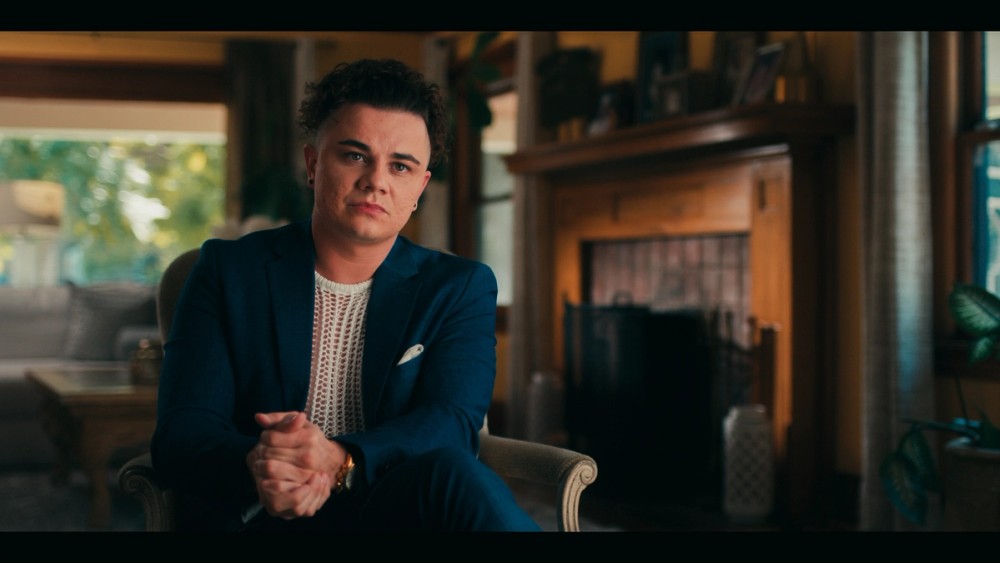
Using a powerful light like the Light Storm 1200d Pro, bounced out of an Ultrabounce, into unbleached muslin with a control grid, created an incredibly soft, controlled key that could match the intensity of sunlight outside windows.
Sign up for announcements, exclusive offers, original stories, and more.
By signing up you agree to receive marketing emails from Aputure. View our Terms of Service & Privacy Policy.
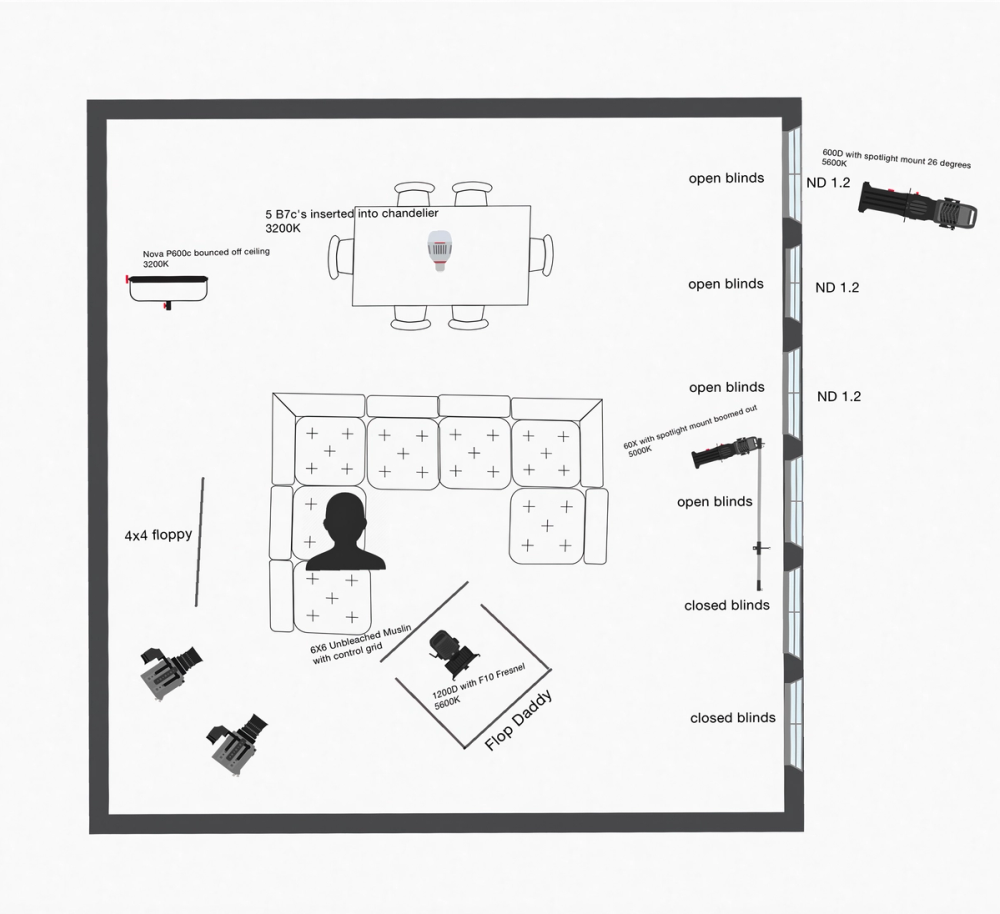
A Light Storm 1200d Pro or 600d Pro was used when the window light needed to be enhanced.
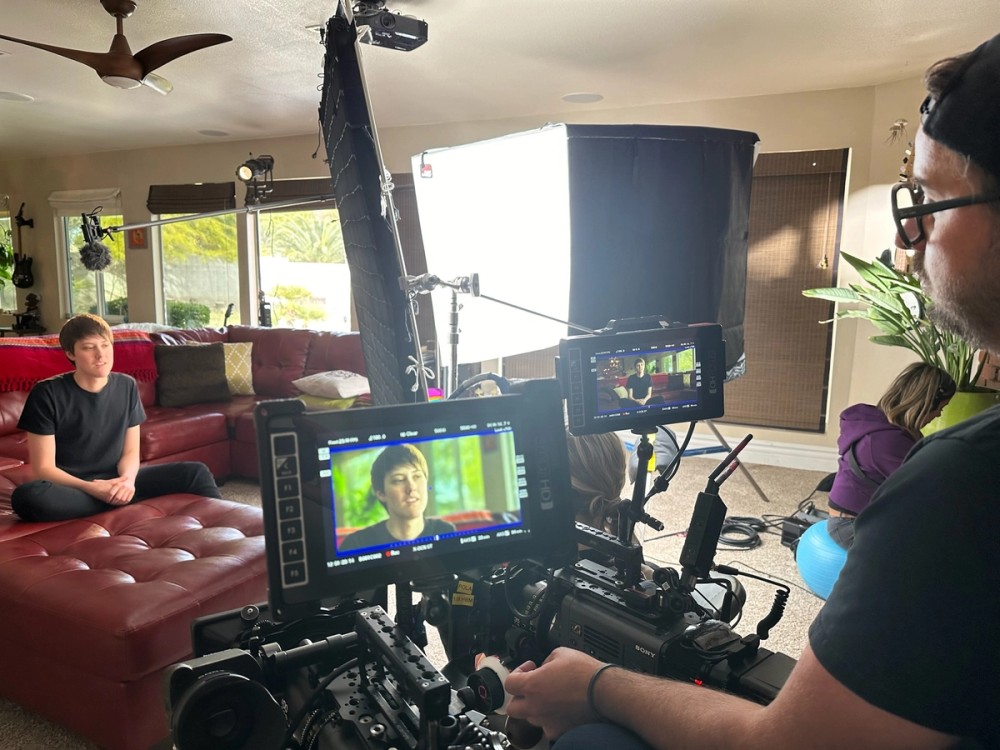
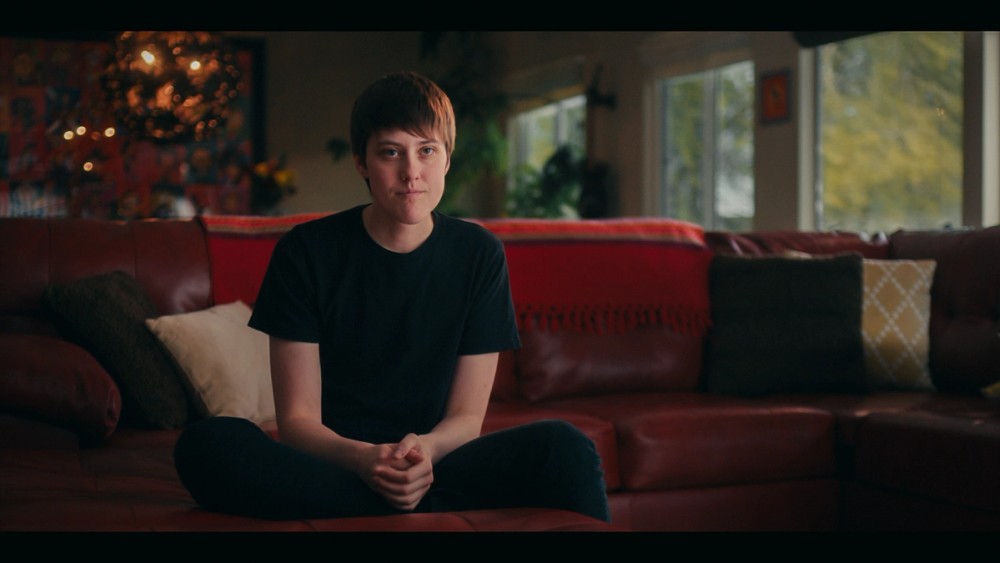
The interviewees’ actual environments also allowed for opportunities to emphasize the quality of light already in the spaces.
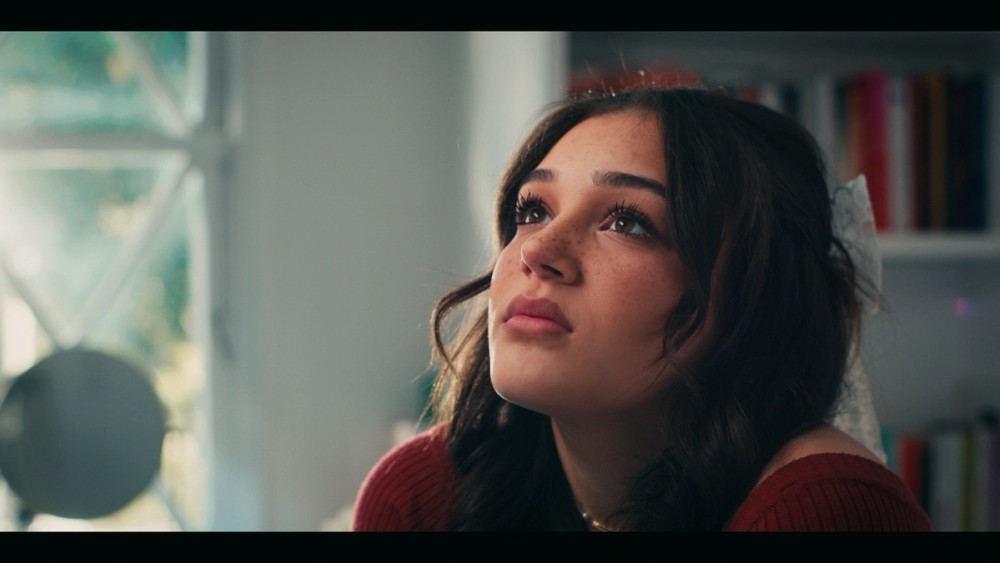
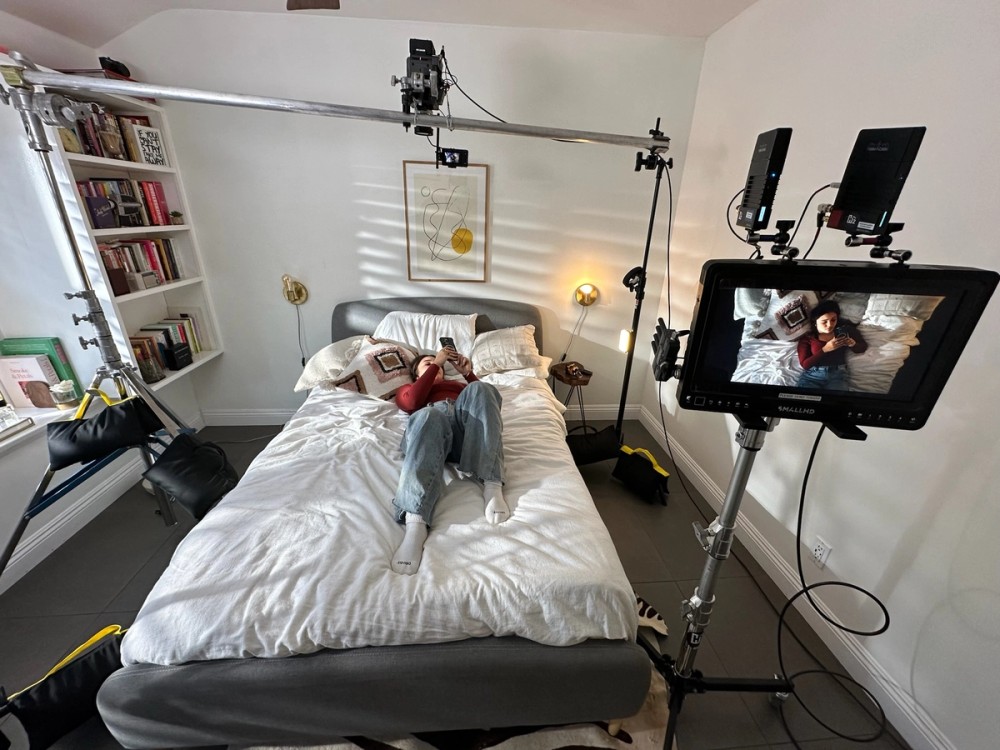
Since there was no time to apply neutral density gel to the windows, the team set their exposure for sunlight.
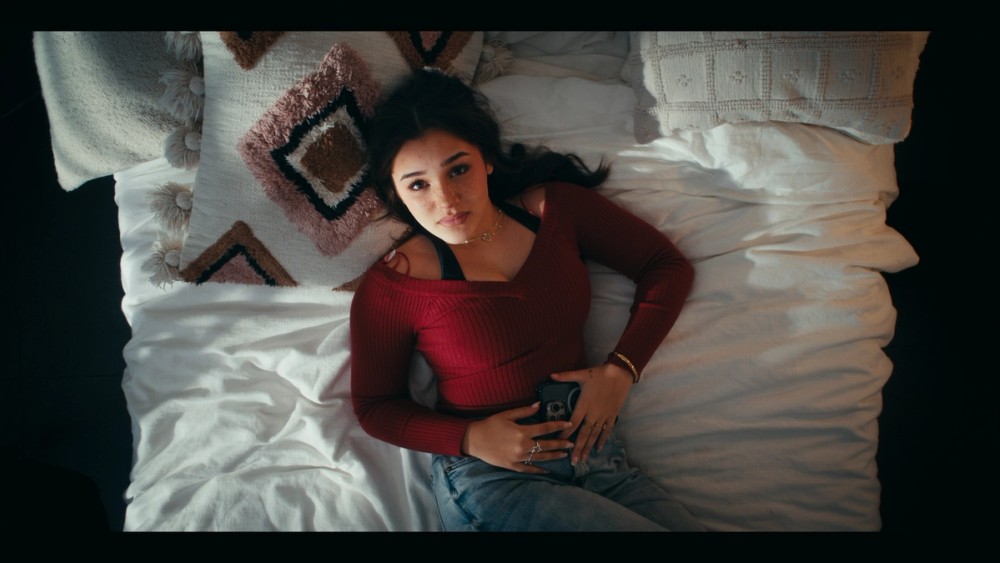
“We wanted the look to highlight their strength and perseverance. We ended up with something both haunting and vibrant.”
Nicholas Kraus
Cinematographer
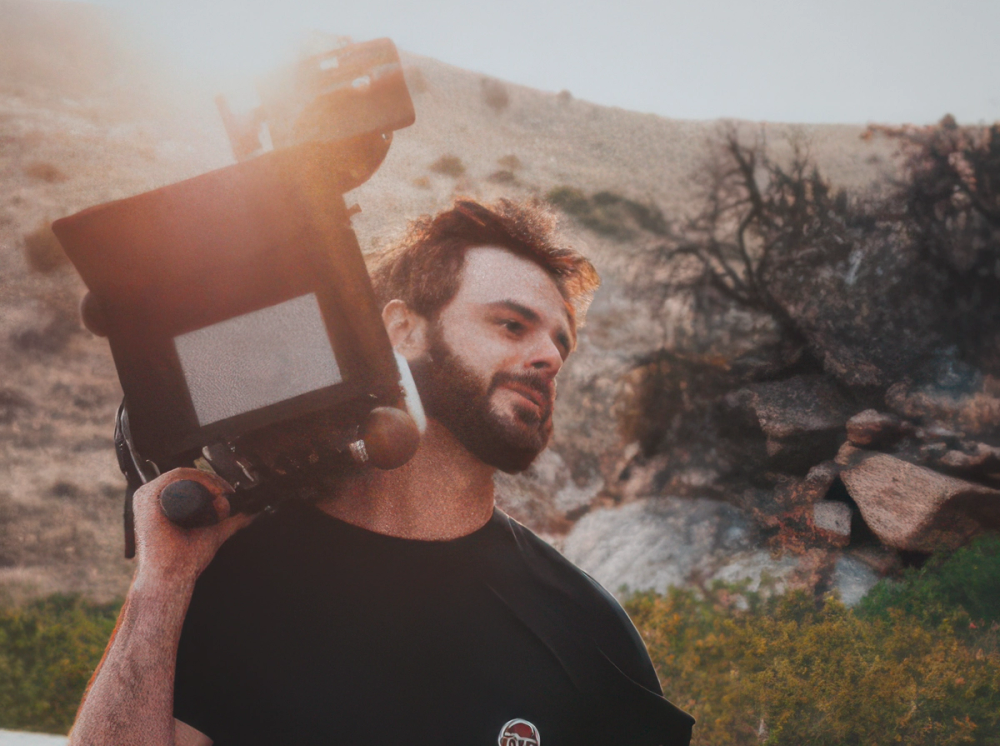
Nicholas Kraus is an award-winning cinematographer who has crafted expressive frames across nonfiction and narrative films, TV series, commercials, and music videos. In 2021, Nicholas won the Emmy for Outstanding Cinematography in a Documentary for his work on Showtime’s The Trade. His other notable credits include The Invisible Pilot (2022), Sundance hit The Alabama Solution (2025), Edge of the Unknown With Jimmy Chin (2022), and Vice News Tonight (2017-2018). Raised in Nashville, Nicholas spent a decade in NYC and is now based in LA.
Sign up for announcements, exclusive offers, original stories, and more.
By signing up you agree to receive marketing emails from Aputure. View our Terms of Service & Privacy Policy.



